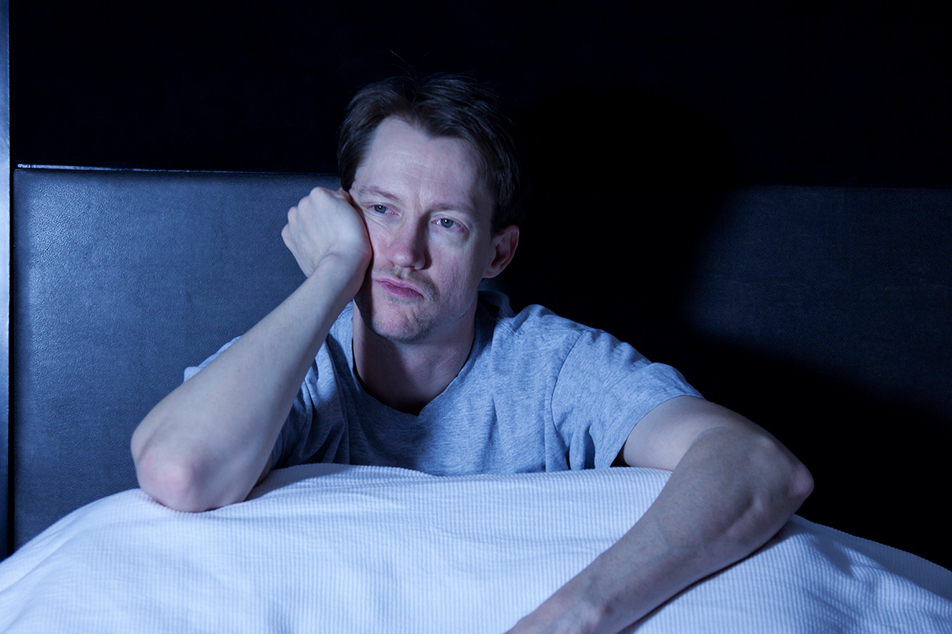Coronavirus has provoked you insomnia and other side effects? Don’t cope with it alone.
Coronavirus has provoked you insomnia and other side effects? Don’t cope with it alone.
At this point in our lives, it is unnecessary to explain the stress that this never-ending pandemic has entailed. It is also unnecessary to talk about the enormous change in the pace of life it has represented. However, there is one thing we haven’t talked about enough, and it is affecting us: the way the pandemic has changed our sleep patterns. Simply put, the stress last year was severe, and today we are paying the consequences.
According to various studies and statistics, sleep disorders have increased considerably: prescriptions for sleep medications have increased by twenty percent.

Our lifestyle
Add to the stress the strange schedules we have adopted in our daily lives. With children at home, loss of work, more time on the computer and more responsibilities at home, sleep resents the change.
Add to this that the day no longer always starts at the same time, at least for many, and that creates an imbalance in our daily routine, which in turn leads to poor sleep hygiene. This, according to the aforementioned studies, is more noticeable in families with school-age children.
Streaming in excess
The pandemic detonated an increase in the time we spend on screen, since we go out less than before, and of course, to forget the stress of the times we live in. However, it has been proven that the use of screens, by generating blue light, causes the brain to stop producing melatonin, and that, in turn, makes you unable to sleep.
Chronic stress
For the past year, we have been living in a state of constant stress, which, as expected, has a negative impact on sleep. Stress activates the autonomic nervous system, causing the release of hormones such as adrenaline and cortisol. This in turn increases blood pressure and heart rate, which puts the body in a fight-or-flight state. Thus, sleep becomes a challenge and here comes the second problem: if we don’t sleep, we may find it difficult to moderate our thoughts and emotions the next day. This, you guessed it, generates more stress.
On the other side of the fence
While insomnia is one of the evils of the age, fatigue is also taking its toll. Lack of sleep, stress, mood swings, little exposure to the sun and lack of physical activity is making us exhausted, and therefore, not very functional on a daily basis. If this is your case, you will surely notice it because you are sleepy all the time and have a hard time remembering things or doing your work.

Follow these pieces of advice in order to give a change of direction
- Eat foods rich in magnesium, such as leafy greens, nuts, seeds, avocado and dark chocolate.
- Moderate your alcohol intake. Drinking may relax you and help you sleep well the first part of the night, but it’s not always a good idea.
- Say goodbye to caffeine. After 2:00 p.m., stick to decaffeinated beverages.
- Sleep with heavy blankets. This simulates pressure therapy, which is normally used to treat sensory disorders, anxiety, attention deficit hyperactivity disorder, among others, without side effects.
- Limit your use of electronics to one hour before bedtime.
- Create a relaxation ritual before bedtime.
- Structure a daily routine, where you get up and go to bed at the same time every day.



